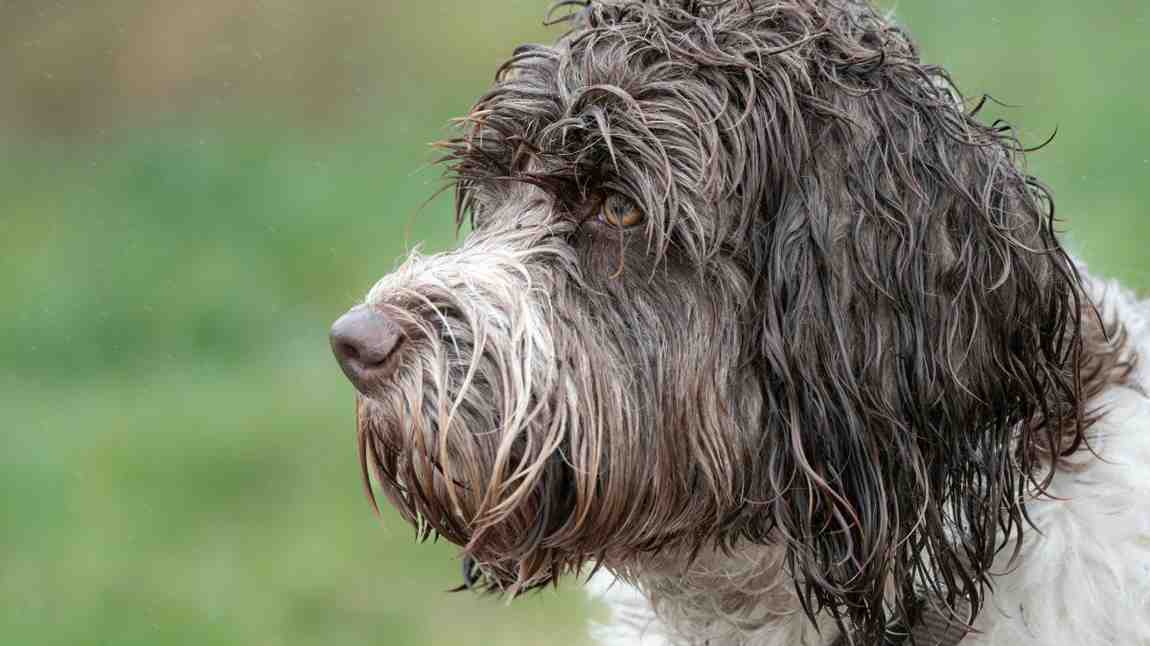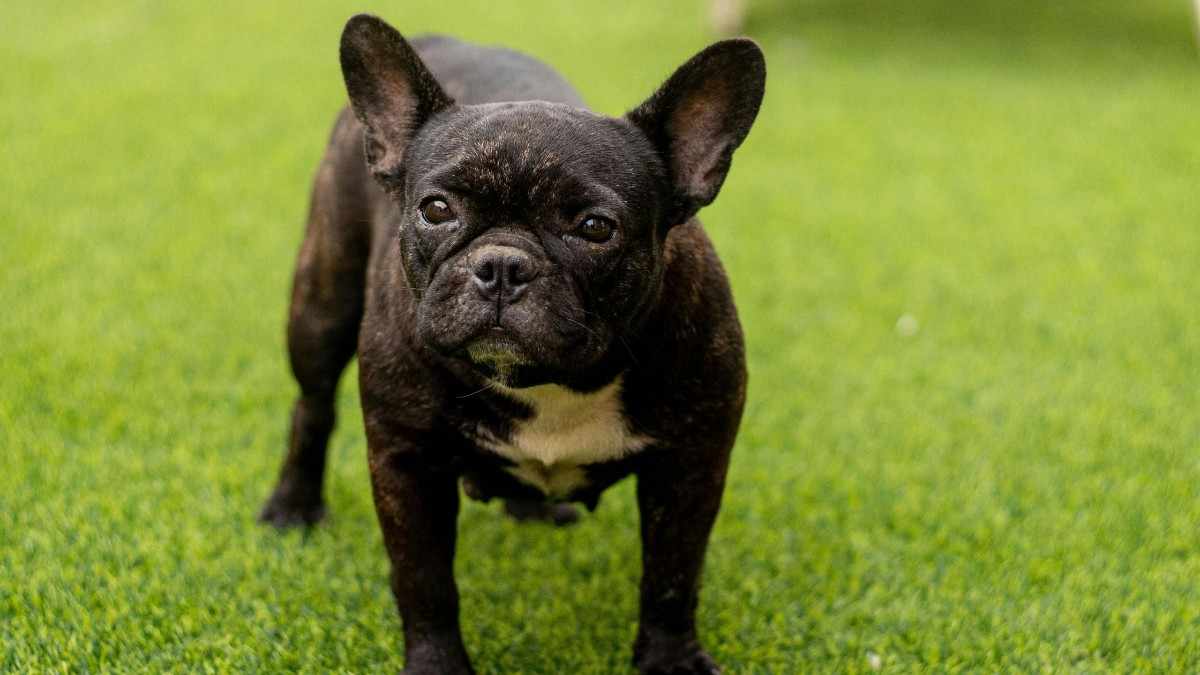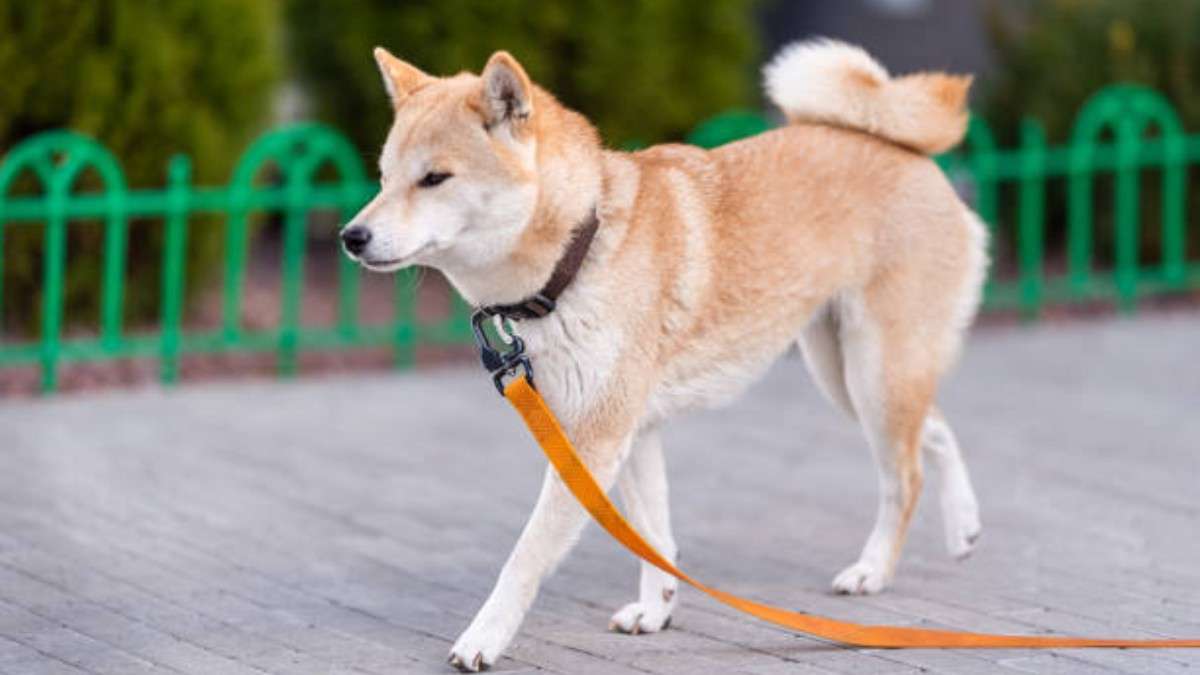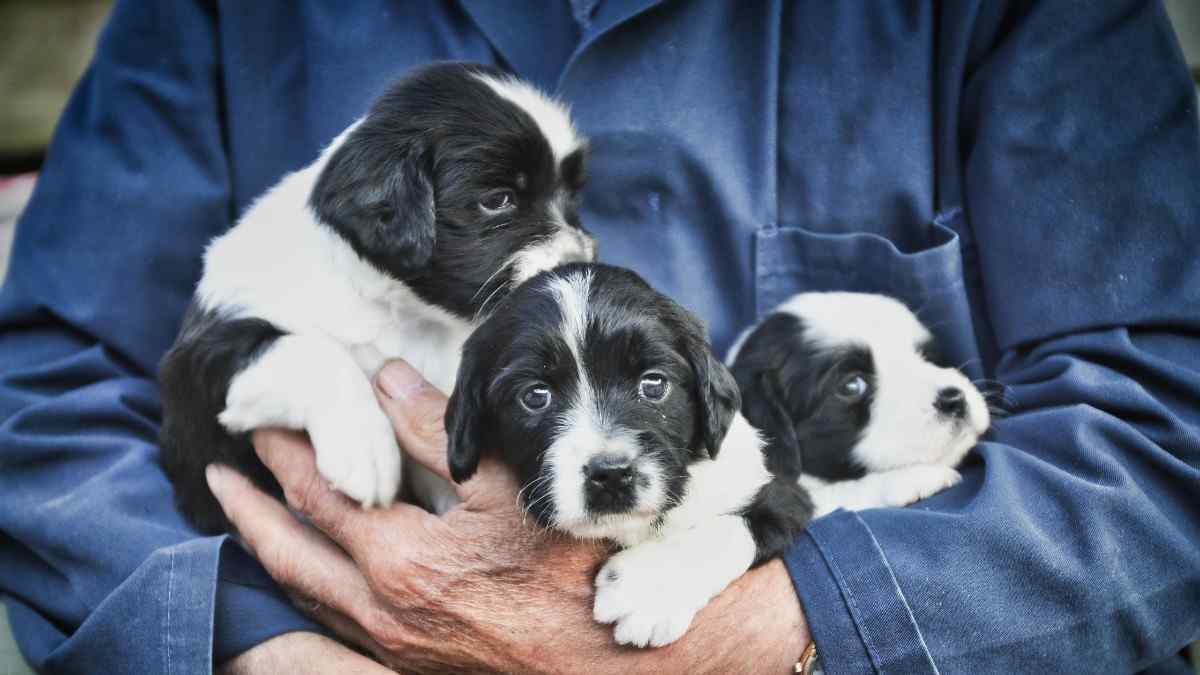Curly Haired Dog Breeds That Steal Hearts Instantly
Curly-haired dog breeds are the head-turners of the canine world. With their plush ringlets and distinct personalities, these breeds are more than just adorable they’re a blend of elegance, functionality, and charm. Some are born to prance around in dog shows, while others were bred to swim through icy waters or retrieve game. What unites them is their uniquely textured coats, often admired and envied alike.
These curly-coated companions don’t just look stylish their curls actually serve a purpose. They help trap warmth, repel water, and in many cases, reduce shedding, which is great news for allergy sufferers. Whether you’re drawn to a tiny Toy Poodle or a robust Curly-Coated Retriever, there’s a curly breed out there to match your lifestyle and energy level.
In this article, we’ll dive into the science behind curly hair in dogs, uncover the benefits of owning one, highlight the top breeds you should know, and guide you on grooming and health care. If soft curls and loyal companionship sound like your thing, you’re in the right place.
Why Do Some Dogs Have Curly Hair?
Genetic Influence
Just like with humans, a dog’s curls come down to genetics. Specific genes influence the texture, length, and curl pattern of a dog’s coat. Breeds like the Poodle and Bichon Frise carry a dominant curly hair gene, which gives them their signature look.
Functionality of Curly Coats
Curls aren’t just cute they’re smart. For working dogs like the Irish Water Spaniel or Portuguese Water Dog, curly coats protect them from cold water and harsh climates. It’s a natural barrier that keeps them warm and dry while they do their jobs.
Benefits of Curly Haired Dogs
Hypoallergenic Qualities
Many curly-haired breeds shed very little. This doesn’t mean they’re 100% hypoallergenic, but their coats tend to trap dander and hair better, reducing the spread of allergens in your home.
Weather-Resistant Coats
These curly coats act as insulation against the cold and often repel water. That’s why many curly breeds have roots in hunting or water work their coats kept them dry and warm in challenging environments.
Grooming Requirements for Curly Coats
Brushing & Maintenance
Curly hair tends to mat and tangle if left unchecked. Daily brushing or at least every few days is essential to keep their curls soft and manageable. A slicker brush and a metal comb are your best tools.
Professional Grooming
Regular trips to the groomer (every 4–6 weeks) are common with curly-coated breeds. Trims help maintain a healthy coat and keep the curls looking tidy and tangle-free.
Top Curly Haired Dog Breeds
Poodle
Poodles are arguably the most iconic curly-haired dogs. They come in three sizes Toy, Miniature, and Standard and each one has a lively, intelligent personality. Their low-shedding, tightly curled coat is what makes them a favorite among allergy-prone owners.
Toy, Miniature & Standard Varieties
The Toy Poodle is ideal for apartment living. Miniatures are perfect for families, while Standards can be great service dogs. Despite the size differences, they all share a similar curly coat and impressive brainpower.
Portuguese Water Dog
Originally bred to help fishermen in Portugal, this breed is athletic, brave, and loves the water. Their thick, water-resistant curls are ideal for swimming and make them standout pets for active families.
Bichon Frise
This cheerful little dog sports a soft, curly coat and a playful attitude. Bichons are great for families and those looking for a low-shedding companion. Their white fluff gives them a stuffed animal look but they’ve got a heart full of energy.
Lagotto Romagnolo
Hailing from Italy, this breed is a truffle hunter by trade. Their tight curls and keen nose make them perfect working dogs, but they’re just as content curled up on your couch.
Irish Water Spaniel
This rare breed is the tallest among spaniels and comes equipped with tight ringlets and a naturally water-resistant coat. They’re athletic, smart, and happiest when given a job.
Barbet
A French water dog with a mop of curls, the Barbet is friendly, trainable, and loves swimming. Their coat needs regular care, but their sweet disposition makes the effort worth it.
Curly-Coated Retriever
This breed combines the reliability of a retriever with the protective qualities of a working dog. With tight, crisp curls and a bold spirit, they’re best for experienced owners who can keep up.
Komondor
Not your typical curls! The Komondor’s coat forms long, corded dreadlocks. Originally used to guard sheep, they’re protective, loyal, and truly one of a kind.
Bedlington Terrier
Known for their lamb-like appearance, Bedlington Terriers have a unique curly coat that feels like a mix between silk and wool. They’re energetic and great for families who can meet their exercise needs.
Choosing the Right Curly-Haired Dog
Lifestyle Compatibility
Are you active or more of a homebody? Some breeds, like the Lagotto Romagnolo, love being busy, while others like the Bichon Frise enjoy a relaxed life. Match your dog’s energy level with your own.
Family-Friendliness
Most curly-haired breeds are excellent with kids and other pets. Poodles, for example, are highly trainable and gentle, making them ideal for households with little ones.
Health Considerations of Curly Breeds
Skin and Coat Conditions
Curly coats can trap dirt, moisture, and oils, which may lead to skin irritations or infections if not properly cleaned. Regular grooming and occasional skin checks are important.
Genetic Disorders
Some breeds, like the Poodle, are prone to genetic conditions such as hip dysplasia and epilepsy. Choose a reputable breeder who screens for these issues to ensure your pup lives a long, healthy life.
Final Thoughts
Curly-haired dog breeds offer more than just stunning looks. They’re clever, loving, and versatile companions who can fit into a variety of lifestyles. Whether you’re after a playful Bichon, a sporty Water Dog, or a protective Komondor, there’s a breed with curls to match your vibe.
Owning a curly-coated dog means embracing a little extra grooming, but the reward is a loyal, hypoallergenic friend who turns heads wherever you go. With the right care and attention, these breeds make some of the best companions around.
Frequently Asked Questions (FAQs)
Q1. Do curly-haired dogs shed less than other dogs?
Yes, most curly-haired breeds shed very little, which makes them great for allergy sufferers.
Q2. Are curly-haired dog breeds good for first-time owners?
Many are, especially breeds like the Bichon Frise or Toy Poodle, thanks to their manageable size and friendly nature.
Q3. How often should I groom a curly-haired dog?
Brush several times a week and visit a professional groomer every 4–6 weeks to keep their curls healthy.
Q4. Are curly-haired dogs good with kids?
Yes! Most curly-coated breeds are playful, gentle, and affectionate with children.
Q5. Which curly dog breeds are the most active?
Portuguese Water Dogs, Lagotto Romagnolos, and Irish Water Spaniels are high-energy and need regular physical activity.




Post Comment